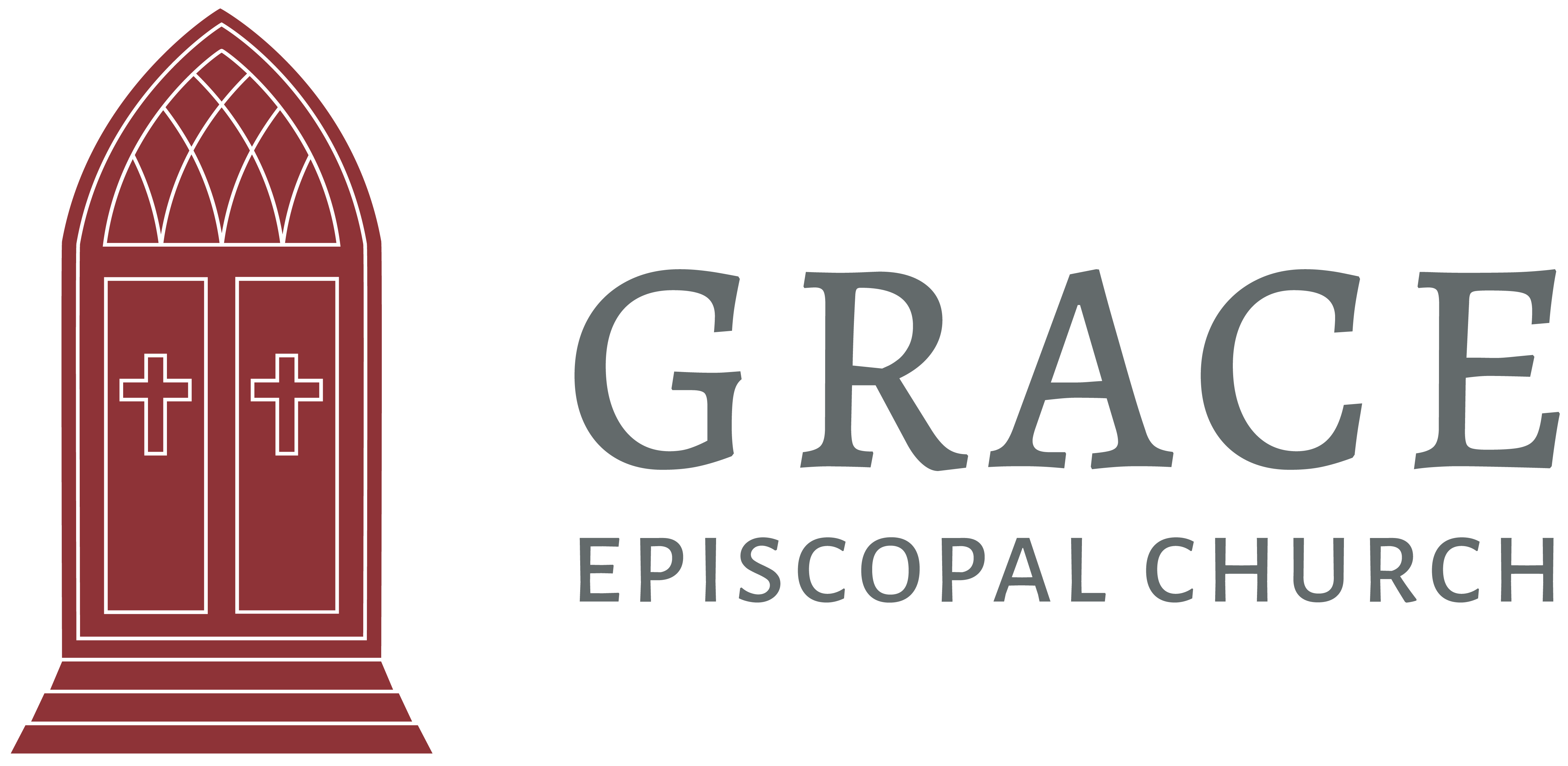Mary anoints Jesus, Donald Krause, American, part of a series from early 2000s placing the Passion narrative in a thoroughly modern American context
Jesus is at a banquet in His honor. After all, He’s raised Lazarus from the dead, so a party is in order. And while He’s there, the confusing anointing occurs. Head or feet? Tears or nard? Mary or unnamed sinner? Wiped with towels or hair? The disciples clearly were sitting in a crowded room and had very different glimpses that led them to remember the event very differently. Gut instinct: it’s a jar that had once been filled with nard, a very expensive perfume, and was now being used as a tear jar, collecting Mary’s best and worst memories in a very literal fashion. And when she poured those tears over Him, the lingering smell of the nard came too. We have such a Roman tear jar from Jerusalem in our historic display at Grace Church, a tiny perfect little phial of greenish glass. Gut instinct: she’s unsteady and nervous and pours some of it on His head but a lot of it drips off, gets on His party clothes, and she’s flustered, not enough towels, starts dabbing at Him with the veil that holds her hair demurely in place. Gut instinct: the variations in the four Gospel narratives about this story are not problems, but the result of seeing a confused and confusing action in a crowded room where everyone was busy scheming and plotting and not really paying attention to what was happening in front of their eyes.
Some people think this is a coronation. The oil is Mary’s way of jump-starting Jesus’ political revolution. As such, it’s another nail in His coffin, another proof to the authorities of how dangerous He is. Some people think it’s a deeply personal moment, her sacrifice of everything she’s ever been and done to Him, all those tears shed over lesser joys and sorrows dripping onto Him. Some people think, like Judas, it’s a waste of precious resources. And Jesus thinks all of them are wrong. Jesus thinks it’s an act of gratuitous love, of pointless beauty, just the sort of thing that’s appropriate for a funeral. He knows His days are numbered, and excessive beauty, extravagant love, are the appropriate measure for how to interact.
Friends, our days are all numbered. Some of them in the dozens, some of them in the tens of thousands. But all of our days are numbered. Right now we all know that in a more intense way than normal, right? But in the midst of all the talk about restrictions and distance and PPEs, it’s worth remembering that this might just be the moment for some gratuitous and pointless beauty. The splendor and drama of Holy Week may be “off limits,” but we’re going to do our level best to make sure that it’s celebrated with the solemn grandeur of the tradition, not because we’re obscurantists but because beauty is the gift we can give. And it’s not just the liturgy. Think about how this can be an opportunity to offer some beauty to those you love. Pick and arrange some flowers. If you’re sewing masks, put in some extra detailing. Make a ridiculously good dinner (we had truffled linguini yesterday for lunch). Fill the house with some really good music. Take time to do more than necessary, more than reasonable, just more, for those you love. Because beauty and love last far longer than tears and fears. They’re what we remember about one another, what we offer one another. Her tears or nard, towel or hair, coronation or devotion, whatever–they’re remembered far more than James’ schemes or Philip’s befuddlement or Nathanael’s chauvinism, right? Beauty and love are what we remember. So go make some memories, for your family, your friends, your Jesus.

